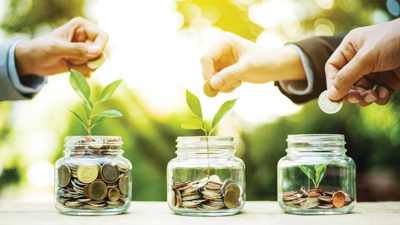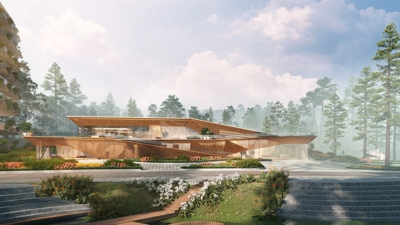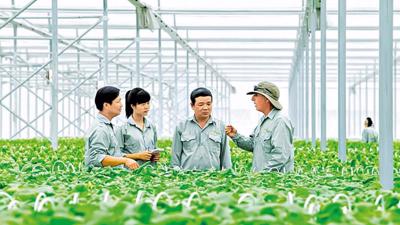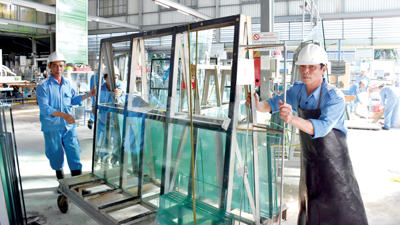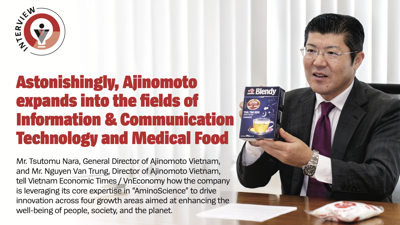Vietnam's Green Transition Poised for Growth, Says UOB Vietnam
UOB Vietnam's Commercial Banking Head discusses the country's favorable position for sustainable finance and the bank's role in supporting the shift.
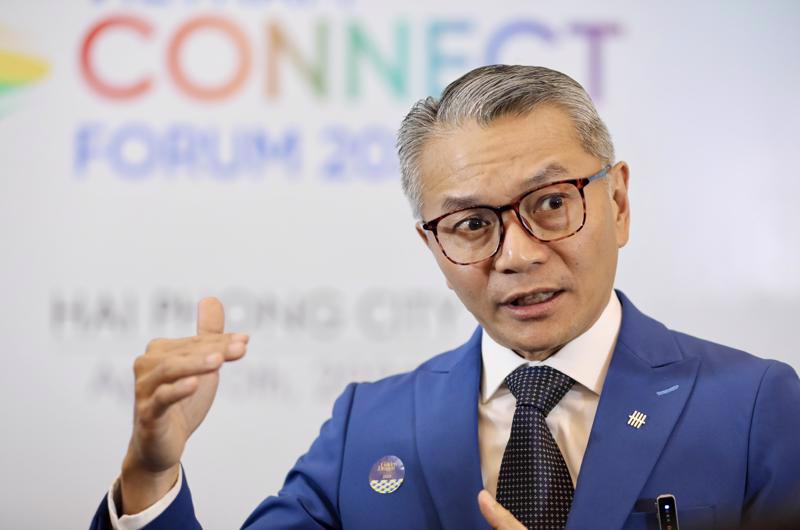
Interviewer: Mr. Lim, thank you for joining us. UOB recently received significant recognition for its sustainability initiatives. Could you elaborate on how this relates to your Vietnam strategy?
Mr. Lim Dyi Chang: Absolutely. UOB globally has set ambitious targets, including net-zero emissions by 2050. We're proud Vietnam aligns with this goal. This award signifies that our Vietnam unit isn't just on paper, but making tangible progress toward these commitments.
Interviewer: Vietnam's net-zero goal is notably ambitious compared to other Southeast Asian nations. How does this potentially impact banking and foreign investment?
Mr. Lim Dyi Chang: Vietnam's bold 2050 target speaks to the scale of transformation required for its rapidly growing economy. As a key regional player, Vietnam sets a compelling example. For banks like UOB, this focus creates significant opportunities in green finance.
It's a massive undertaking, and Vietnam's recent Power Development Plan (PDP8) indicates that over $130 billion in investments will be needed for new, sustainable infrastructure.
Interviewer That's a staggering figure. What role can UOB play in facilitating these investments?
Mr. Lim Dyi Chang: UOB aims to be a leading regional player in green finance. We are prepared to support this transition with favorable lending terms and by providing expertise.
Beyond financial benefits, associating with a sustainability-focused bank like UOB adds reputational value for companies – important for attracting investors and global buyers interested in ethical supply chains.
Interviewer: For developing nations, the shift to a green economy can be challenging due to existing infrastructure. Does Vietnam face a similar hurdle?
Mr. Lim Dyi Chang: Interestingly, I believe Vietnam has an advantage. Unlike developed economies with deeply entrenched infrastructure, Vietnam is still rapidly building out its core systems.
This creates a unique opportunity to invest directly in green solutions. It avoids the costly dismantling and replacing of legacy infrastructure that older economies wrestle with.
Interviewer: In such a dynamic space, what is UOB Vietnam's key focus moving forward?
Mr. Lim Dyi Chang: We'll continue facilitating green finance, being a catalyst for sustainable projects. Beyond that, we're committed to knowledge-sharing and helping businesses understand the tangible benefits and long-term value of making strategic investments in their transition to a greener operating model.
Interviewer: Mr. Lim, thank you for your time and these valuable insights.


